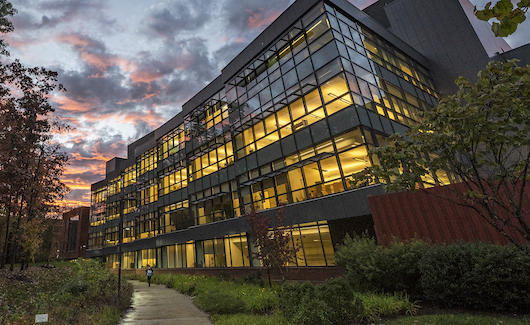
A $39,500 grant from LYRASIS will advance an interdisciplinary project based in the George Mason University Libraries and College of Humanities and Social Sciences.
The winning proposal, “Geographies of Inequity: Exploring the Hidden Lives Next Door,” draws on the Center for Mason Legacies’s Black Lives Next Door project, which was launched in 2021 with support fro the Office of Student Scholarship, Creative Activities, and Research (OSCAR), and Mason researchers George Oberle, LaNitra Berger, Benedict Carton, and Wendi Manuel-Scott.
Two other center projects—the Enslaved Children of George Mason, an undergraduate research initiative which started in 2016, and Enslaved People of George Mason Memorial, a work of public history recently unveiled on the Fairfax Campus—have been instrumental in shaping “Geographies of Inequity.”
“The Center for Mason Legacies will use the LYRASIS grant to create an interdisciplinary social justice methodology that incorporates digital humanities and historical research in local communities and fully engages our students in valuable transformative work,” said Manuel-Scott, associate director of the center and professor of integrative studies and history.
LYRASIS is a nonprofit member organization serving and supporting libraries, archives, museums, and cultural heritage organizations around the world.
The “Geographies of Inequity” project has also received the LYRASIS Catalyst Fund’s Sandy Nyberg Award, which recognizes “the highest levels of innovation” in publishing, writing, preservation, and other categories. The fund provides support for new ideas and innovative projects from the LYRASIS membership, with a goal to “expand opportunities to explore, test, refine, and collaborate on innovations with potential for community-wide impact.”
“The collaborative and creative energy that materializes when faculty and librarians work together results in substantative educational experiences for students,” said John Zenelis, dean of the University Libraries.
The 2021-22 Catalyst Fund grant competition was international in scope, with finalists including Cambridge University, University of Virginia, Université du Québec à Montréal, and University of North Carolina System.
